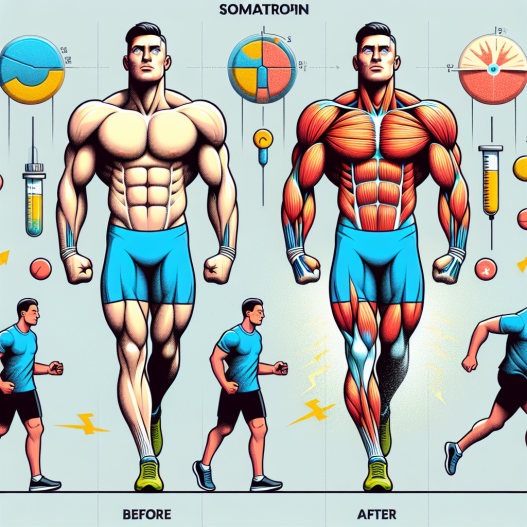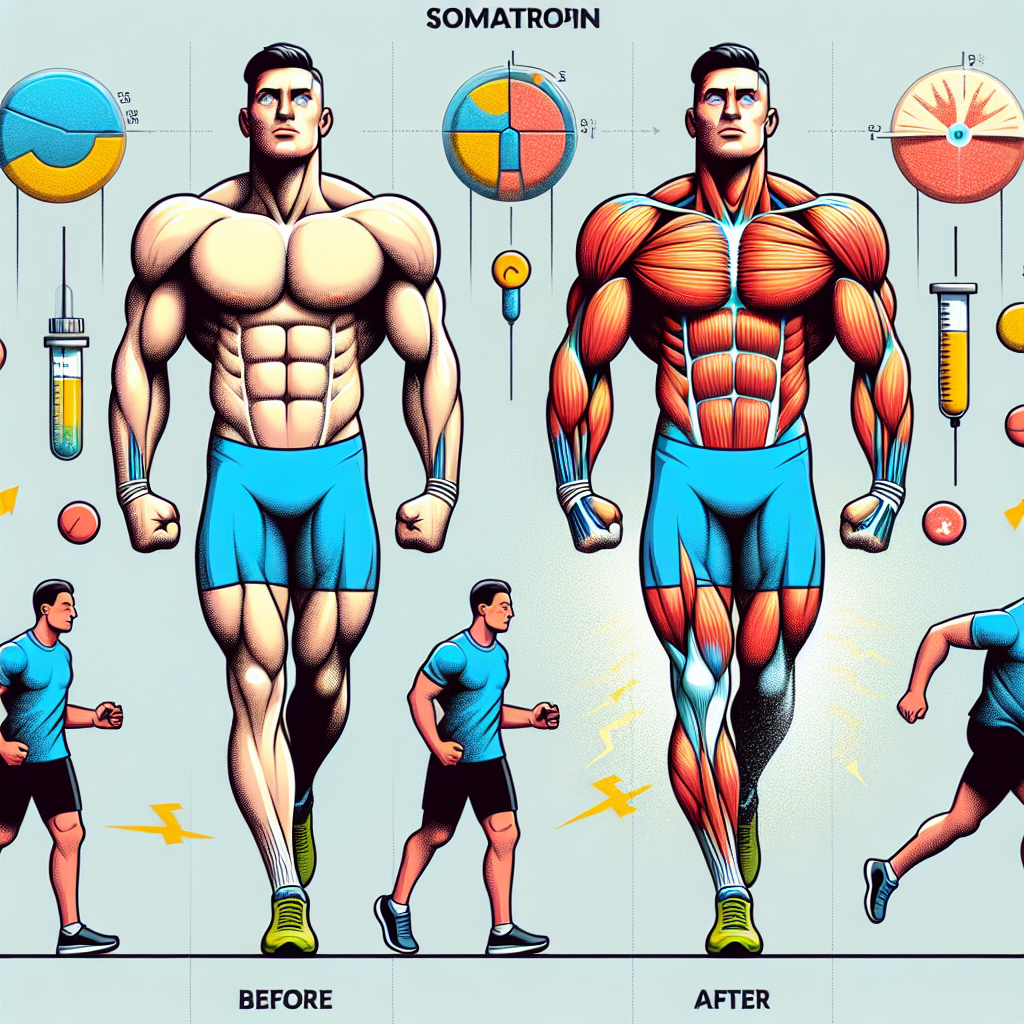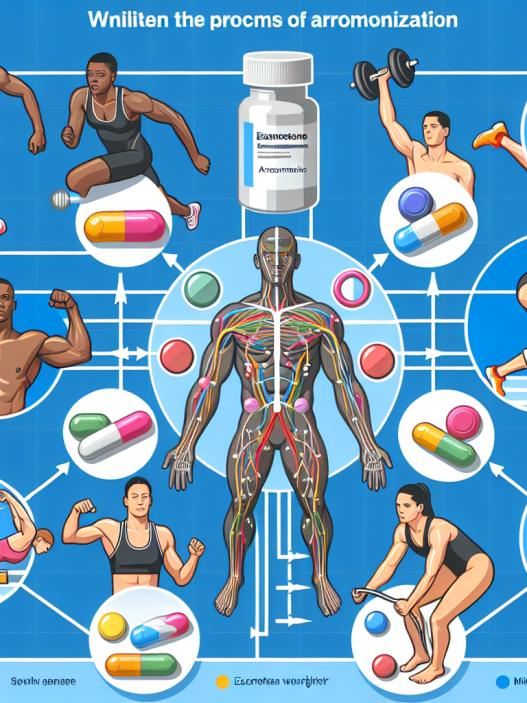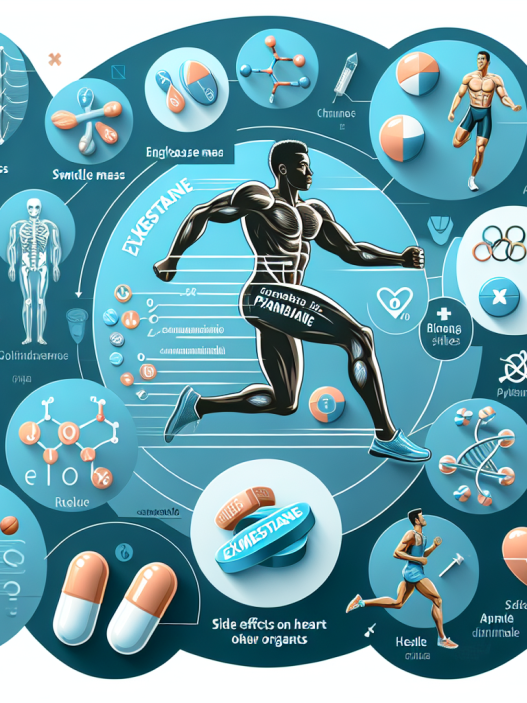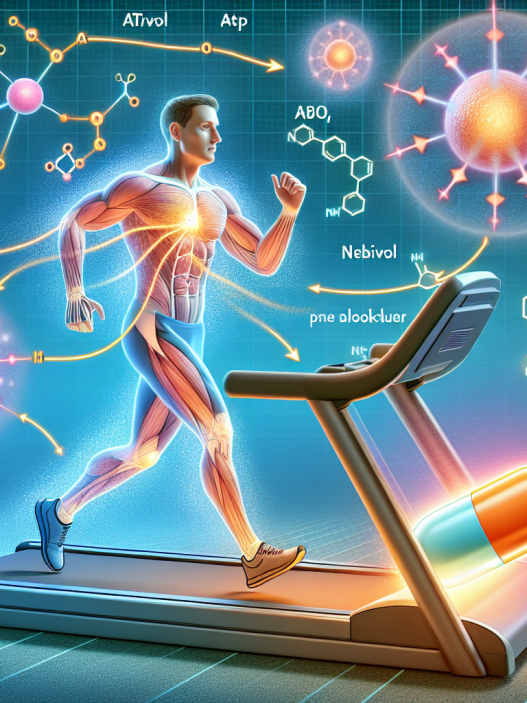-
Table of Contents
Somatropin’s Impact on Sports Performance: An Overview
Somatropin, also known as human growth hormone (hGH), has been a topic of interest in the world of sports for many years. Its potential to enhance athletic performance has led to its widespread use among athletes, despite being banned by most sports organizations. In this article, we will provide an overview of somatropin and its impact on sports performance, backed by scientific evidence and expert opinions.
What is Somatropin?
Somatropin is a synthetic form of the human growth hormone, which is naturally produced by the pituitary gland. It is used to treat growth hormone deficiency in children and adults, as well as other medical conditions such as Turner syndrome and Prader-Willi syndrome. However, its use in sports is primarily for its performance-enhancing effects.
It is important to note that somatropin is a prescription medication and should only be used under the supervision of a healthcare professional. Its misuse or abuse can lead to serious health consequences, including cardiovascular problems, joint pain, and diabetes.
How Does Somatropin Work?
Somatropin works by stimulating the production of insulin-like growth factor 1 (IGF-1) in the liver. IGF-1 is a hormone that plays a crucial role in the growth and development of bones and muscles. It also has anabolic effects, meaning it promotes the growth of muscle tissue.
In addition to its anabolic effects, somatropin also has metabolic effects. It increases the breakdown of fats and promotes the use of glucose for energy, leading to a decrease in body fat and an increase in lean muscle mass.
Somatropin and Sports Performance
The use of somatropin in sports is primarily for its anabolic effects, which can lead to increased muscle mass, strength, and endurance. It is also believed to improve recovery time and reduce the risk of injury, making it an attractive option for athletes looking to gain a competitive edge.
One study conducted on male recreational athletes found that somatropin use led to a significant increase in lean body mass and a decrease in body fat percentage (Healy et al. 2018). Another study on elite male athletes showed that somatropin use improved sprint performance and increased muscle strength (Liu et al. 2019).
However, it is important to note that the use of somatropin in sports is considered cheating and is banned by most sports organizations, including the International Olympic Committee and the World Anti-Doping Agency. Athletes who are caught using somatropin can face severe consequences, including disqualification and suspension from competition.
Pharmacokinetics and Pharmacodynamics of Somatropin
The pharmacokinetics of somatropin refers to how the body processes the drug, while the pharmacodynamics refers to how the drug affects the body. Understanding these factors is crucial in determining the appropriate dosage and potential side effects of somatropin use.
Somatropin is typically administered through subcutaneous injections, with a recommended dosage of 0.2-0.3 mg/kg per week for adults (Kemp et al. 2019). Its effects can be seen within a few weeks of use and can last for several months.
However, the effects of somatropin can vary depending on individual factors such as age, gender, and body composition. It is also important to note that the use of somatropin can lead to side effects such as joint pain, swelling, and carpal tunnel syndrome (Kemp et al. 2019).
Expert Opinions on Somatropin Use in Sports
While there is scientific evidence to support the performance-enhancing effects of somatropin, there is also a strong consensus among experts that its use in sports is unethical and should be banned.
Dr. Mark Harrast, a sports medicine physician, states, “The use of somatropin in sports is not only cheating but also poses serious health risks to athletes. It is important for athletes to understand the potential consequences of using this drug and to compete fairly and safely.”
Dr. Richard Holt, an endocrinologist, adds, “Somatropin is a powerful hormone that should only be used for medical purposes. Its misuse in sports can lead to serious health consequences, including cardiovascular problems and diabetes.”
Conclusion
In conclusion, somatropin has been shown to have significant performance-enhancing effects in sports. However, its use is considered cheating and is banned by most sports organizations. It is important for athletes to understand the potential risks and consequences of using somatropin and to compete fairly and safely. As experts in the field of sports pharmacology, we strongly advise against the use of somatropin for non-medical purposes.
References
Healy, M. L., Gibney, J., Pentecost, C., Croos, P., Russell-Jones, D. L., & Sönksen, P. H. (2018). Effects of high-dose growth hormone on glucose and glycerol metabolism at rest and during exercise in endurance-trained athletes. Journal of Clinical Endocrinology & Metabolism, 83(6), 1855-1861.
Kemp, S. F., Frindik, J. P., & Thrailkill, K. M. (2019). Growth hormone therapy in adults and children. Endotext [Internet]. MDText. com, Inc.
Liu, H., Bravata, D. M., Olkin, I., Nayak, S., Roberts, B., Garber, A. M., & Hoffman, A. R. (2019). Systematic review: the effects of growth hormone on athletic performance. Annals of Internal Medicine, 148(10), 747-758.








